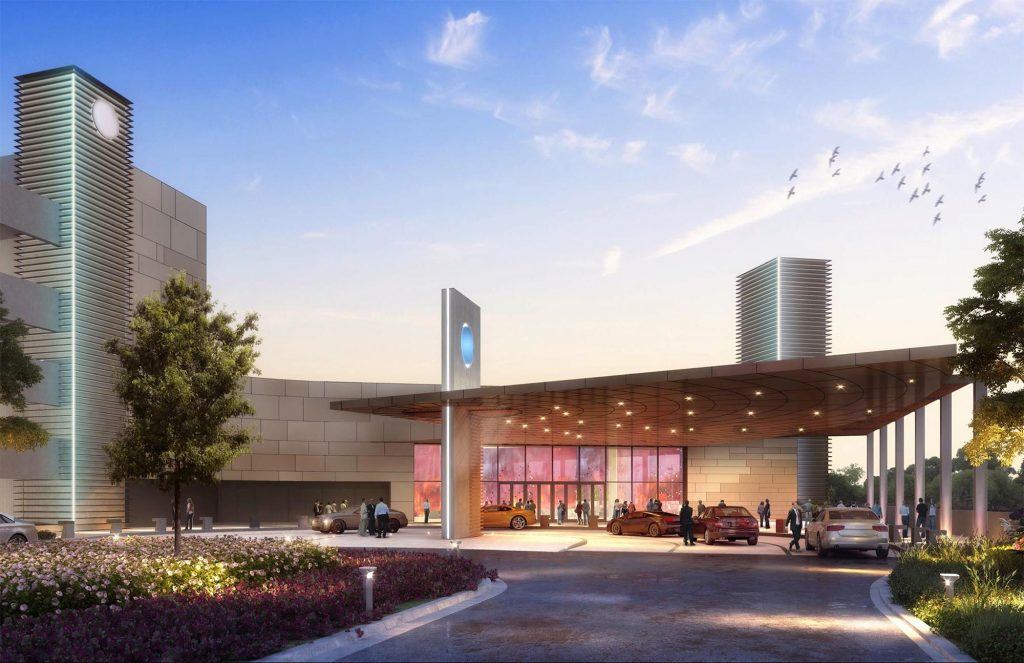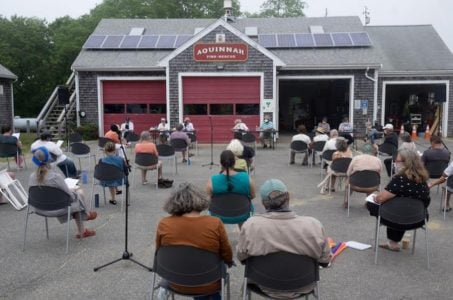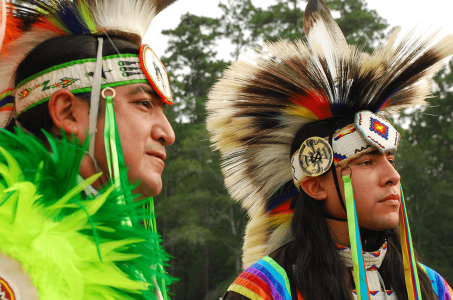Interior Department Wants MGM Lawsuit Over Planned Connecticut Casino Dismissed
Posted on: October 10, 2019, 06:04h.
Last updated on: October 11, 2019, 10:05h.
Earlier this week, the US Interior Department filed its response to a lawsuit seeking to block two Connecticut tribes from opening a satellite casino in the northern part of the Nutmeg State. In it, federal attorneys claim MGM Resorts International’s four claims are incorrect, and seek the judge to dismiss all of them.

In August, MGM filed a suit in a Washington, DC federal court claiming the Interior Department was wrong to approve amended gaming compacts for the Mashantucket Pequot and Mohegan tribes. Those amended compacts allow the two tribes to go forward with plans for a satellite casino in East Windsor, located roughly halfway between Hartford and Springfield, Mass.
MGM opened an integrated casino resort in Springfield in August 2018. However, the nearly $1 billion has not performed to expectations.
In addition to protecting its asset in western Massachusetts, MGM has also expressed an interest in building a casino in Bridgeport, Conn.
Currently, the tribes operate the only two casinos in the state, with the Mashantucket Pequot running Foxwoods Resort Casino in Mashantucket and the Mohegans operating the Mohegan Sun in Uncasville.
Not in Interior’s Purview
Among the reasons why the Interior Department seeks a dismissal of the case is that it claims the Indian Gaming Regulatory Act is not applicable to the case because the nations are not looking to build a casino on tribal lands.
Leaders of both tribes and East Windsor have noted that the Connecticut town of 11,000 was chosen to encourage Connecticut gamblers from crossing the state line and going to the MGM casino.
Where, as here Indian tribes choose to engage in state-sanctioned commercial gaming outside of Indian lands, IGRA neither precludes such enterprise nor imposes any requirements on it, as such commercial facility would be ‘subject to all state and local gambling laws and federal laws apart from IGRA,’” wrote Rebecca Ross, a US Department of Justice lawyer representing the Interior Department.
“As a result, contrary to Plaintiffs’ assertions, Interior was not required, in connection with the Amendments, to render a determination that the lands where the commercial facility will be located are eligible for gaming under IGRA, nor did Interior need to comply with regulations governing the acquisition of lands in trust for Indian tribes in connection with the Amendments.”
Ross also said the Interior Department had no legal requirement to respond to MGM’s comments in connection with the department’s approval of the gaming compact.
About the Joint Venture
The joint venture casino, dubbed Tribal Winds, is shovel-ready, leaders from both tribes have said. It could open as soon as 18 months after construction starts.
However, the project has been tied up in several delays. First, before the Interior Department finally signed off on the amended compacts, then-Secretary Ryan Zinke was accused of delaying approval of the Pequots’ compact. State officials wanted the federal government sign-off in order to protect the revenue-sharing agreements it has with both tribes.
Even Connecticut Gov. Ned Lamont (D) tried to move the tribes away from the East Windsor site, offering them a location in Bridgeport. However, the tribes quickly declined that proposal.
Tribal leaders say the East Windsor casino would generate $70 million in revenue to the state. Locally, it would provide East Windsor with $8.5 million in taxes and annual payments, with other communities, including Bridgeport, also receiving $750,000.
Related News Articles
Most Popular
Mirage Las Vegas Demolition to Start Next Week, Atrium a Goner
Where All the Mirage Relics Will Go
Most Commented
-
Bally’s Facing Five Months of Daily Demolition for Chicago Casino
— June 18, 2024 — 12 Comments
















No comments yet